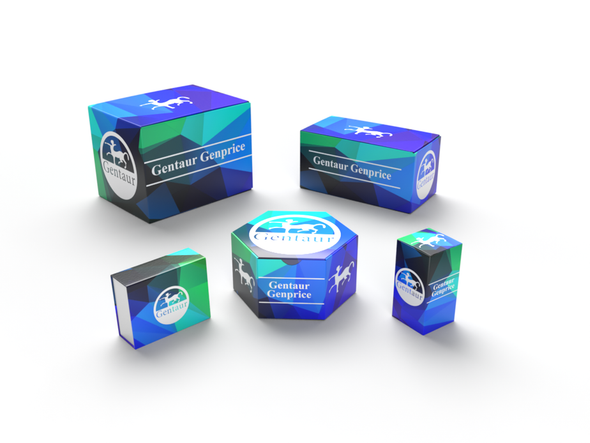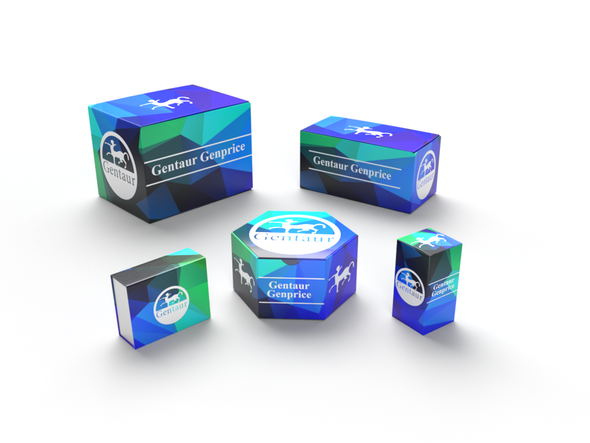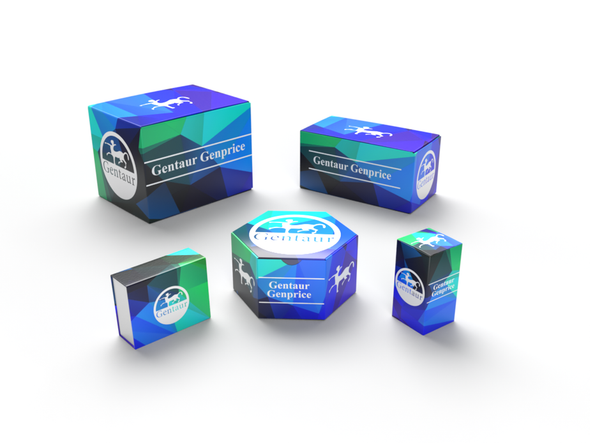740
Pig Matrix metalloproteinase 1 (MMP1) ELISA Kit | AE60430PI
- SKU:
- 740-AE60430PI
- Availability:
- Usually ships in 5 working days
Description
Pig Matrix metalloproteinase 1 (MMP1) ELISA Kit | AE60430PI | Gentaur UK, US & Europe Distribution
Species Reactivity: Pig (Sus scrofa; Porcine)
Abbreviation: MMP-1
Alternative Name: CLG; CLGN; fibroblast collagenase|matrix metalloprotease 1|matrix metalloproteinase 1
Application: ELISA
Range: 0.312-20 ng/mL
Sensitivity: 0.134 ng/mL
Intra-Assay: ≤7.9%
Inter-Assay: ≤9.8%
Recovery: 0, 84
Sample Type: Serum, Plasma, Other biological fluids
Detection Method: Sandwich
Analysis Method : Quantitive
Test Principale: This assay employs a two-site sandwich ELISA to quantitate MMP-1 in samples. An antibody specific for MMP-1 has been pre-coated onto a microplate. Standards and samples are pipetted into the wells and anyMMP-1 present is bound by the immobilized antibody. After removing any unbound substances, a biotin-conjugated antibody specific for MMP-1 is added to the wells. After washing, Streptavidin conjugated Horseradish Peroxidase (HRP) is added to the wells. Following a wash to remove any unbound avidin-enzyme reagent, a substrate solution is added to the wells and color develops in proportion to the amount of MMP-1 bound in the initial step. The color development is stopped and the intensity of the color is measured.
Product Overview: MMP-1 is produced by fibroblasts, chondrocytes, macrophages, endothelial cells, and osteoblasts. It is induced by the pro-inflammatory cytokines IL-1 and TNF-α, various growth factors such as EGF, PDGF, FGF basic, and Oncostatin M, chemical agents such as cAMP and phorbol esters and events occurring at the cell surface such as cell fusion and phagocytosis. MMP-1 plays a significant role in the degradation of different types of collagen in extracellular matrix remodeling. It is implicated in a variety of processes involving collagen degradation such as emphysema, atherosclerosis, rheumatoid and osteoarthritis, periodontal and respiratory disease, angiogenesis and tumorigenesis, tissue remodeling and wound healing, and inflammatory bowel disease.
Stability: The stability of ELISA kit is determined by the loss rate of activity. The loss rate of this kit is less than 5% within the expiration date under appropriate storage condition. The loss rate was determined by accelerated thermal degradation test. Keep the kit at 37°C for 4 and 7 days, and compare O.D.values of the kit kept at 37°C with that of at recommended temperature. (referring from China Biological Products Standard, which was calculated by the Arrhenius equation. For ELISA kit, 4 days storage at 37°C can be considered as 6 months at 2 - 8°C, which means 7 days at 37°C equaling 12 months at 2 - 8°C) .






